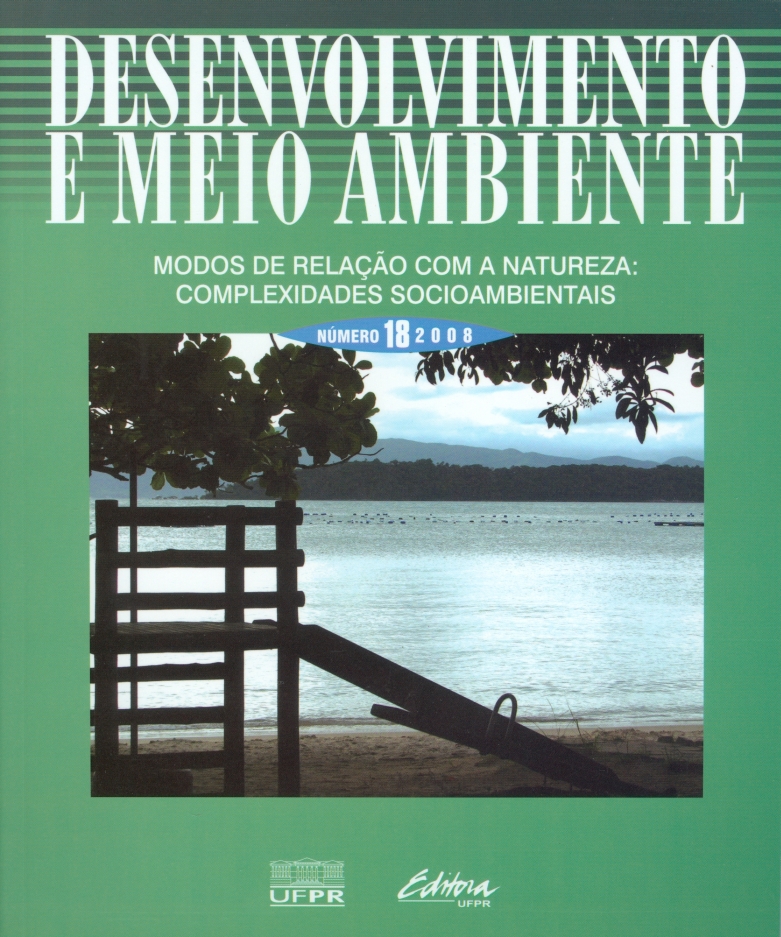Tourism, development and knowledge in Pantanal: Possible dialogues and partnerships
DOI:
https://doi.org/10.5380/dma.v18i0.13424Keywords:
Pantanal, tourism, knowledge dialog, turismo, diálogo de saberesAbstract
Today, tourism based on the exploitation of the Pantanal biodiversity and typical scenery is seen as a possibleeconomic alternative for Pantanal-Mato Grosso. However, there are significant differences amongthe various perceptions and the several forms of knowledge about the Pantanal that raise questions about the viability of tourism as an activity for the local development of the region. This essay suggests threeperception axes: a) the scientific Pantanal, an academic and scientific vision of the Pantanal biodiversitythat seeks to reveal it by describing Pantanal species, habitats, landscapes, and ecosystemic processes;b) the pantaneiro Pantanal, the vision held by the Pantanal inhabitant, which describes the environmentas a function of its basic needs and socio-cultural relations using the ecosystemic processes in its strategies for survival and the social networks to exchange knowledge; and c) o the Google Pantanal, used todesignate the vision promoted by the tourist industry, which proposes a special iconography, identifiedon the Internet that commercializes a virgin and pristine Pantanal, exempt of human presence: a genuineparadise. These three perception axes hardly match. The pantaneiro Pantanal is little disseminated inthe tourist industry. Thus, as the relation between the idealized Pantanal and the pantaneiro one is weak,we wonder if tourism can promote endogenous development and, consequently, the empowerment oflocal communities without stimulating a dialog between the various actors and their own knowledgeof the Pantanal.Downloads
Published
How to Cite
Issue
Section
License
Copyright on works published in this journal rests with the author, with first publication rights for the journal. The content of published works is the sole responsibility of the authors. DMA is an open access journal and has adopted the Creative Commons Attribution 4.0 Not Adapted (CC-BY) license since January 2023. Therefore, when published by this journal, articles are free to share (copy and redistribute the material in any medium or format for any purpose, even commercial) and adapt (remix, transform, and create from the material for any purpose, even commercial). You must give appropriate credit, provide a link to the license and indicate if changes have been made.
The contents published by DMA from v. 53, 2020 to v. 60, 2022 are protected by the Creative Commons Attribution-NonCommercial-NoDerivatives 4.0 International license.
DMA has been an open access journal since its creation, however, from v.1 of 2000 to v. 52 of 2019, the journal did not adopt a Creative Commons license and therefore the type of license is not indicated on the first page of the articles.




